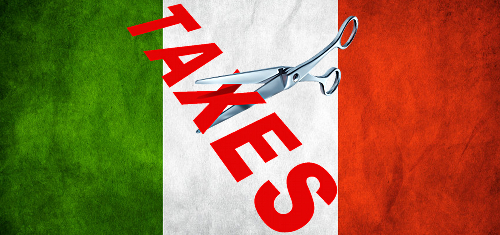 Italy-facing online sports betting operators are celebrating the imminent demise of the much-hated tax on betting turnover, even if the new revenue tax is slightly higher than they’d been expecting.
Italy-facing online sports betting operators are celebrating the imminent demise of the much-hated tax on betting turnover, even if the new revenue tax is slightly higher than they’d been expecting.
Italian-licensed betting operators have long chafed under the country’s online turnover tax, which ranges from 2% to 5% depending on the type of wager. Last week, the country’s Budget Committee approved new amendments to the Stability Law that will see this system changed to a 22% tax on online sports betting revenue. Retail betting operators will pay an 18% rate.
That rate is higher than the 20% tax that will be imposed on online poker, casino and bingo revenue. Italian legislators had originally proposed applying the 20% rate to all forms of online gambling revenue, but DLA Piper attorney Giulio Coraggio believes operators will nonetheless celebrate a comparatively less punitive means of calculating their sports betting returns.
The tax changes still require approval by the Chamber of Deputies, which will be asked to offer their verdict this week. Assuming they give their assent, the new tax will kick in on January 1, 2016, although bingo operators will have to wait one more calendar year before their new regime applies.
Italy is also pushing forward with plans to revise its gambling advertising laws, including a prohibition on gambling ads between 7am and 10pm during ‘generic’ television and radio programs, although this definition isn’t expected to apply to sports broadcasts.
Among the other changes proposed in the draft law are an increase in taxes on amusement with prizes (AWP) and video lottery terminal (VLT) operators. The AWP tax is going up to 17.5% of betting handle while minimum payout rate is being lowered to 70%. Operators will also be spared the €500m payment the industry was supposed to collectively contribute to government coffers in 2016, the legality of which has been challenged in the Constitutional Court.
While additional changes to the draft law are still possible, final approval must be given before the end of the year, leaving little time for further debate and more or less assuring that the draft as written will become law of the land in the new year.
